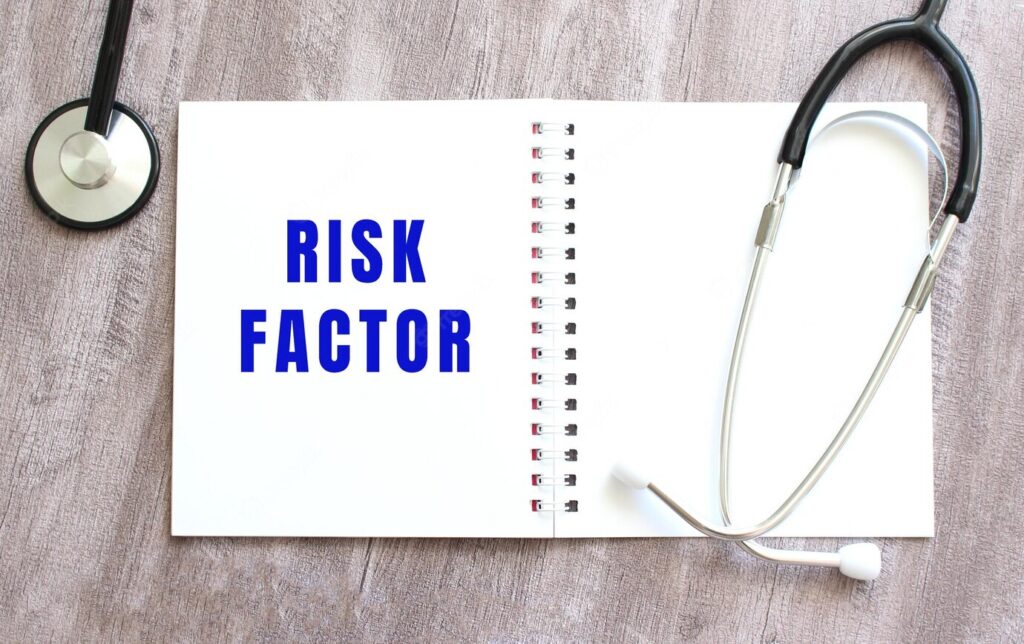Risk Factors for Hypertension

Hypertension, also known as high blood pressure, is a common health condition that affects millions of people worldwide. There are several risk factors that can increase the likelihood of developing hypertension. Some of the most common risk factors include:
- Age: As people age, the risk of developing hypertension increases. This is because the blood vessels become less flexible and less elastic, making it more difficult for the blood to flow through the body.
- Family history: Genetics play a role in hypertension. If someone in your family has hypertension, you may be more likely to develop it as well.
- Obesity: Being overweight or obese increases the risk of developing hypertension. This is because the heart has to work harder to pump blood through the body, putting extra strain on the blood vessels.
- Lack of physical activity: People who are inactive are more likely to develop hypertension. Regular physical activity helps to keep the heart and blood vessels healthy.
- Smoking: Smoking damages the blood vessels and makes it harder for blood to flow through the body. This can increase blood pressure.
- Excessive alcohol consumption: Drinking too much alcohol can raise blood pressure and damage the heart and blood vessels.
- High sodium intake: Eating too much salt can cause the body to retain water, which increases blood pressure.
- Stress: Chronic stress can increase blood pressure by activating the sympathetic nervous system, which is responsible for the body’s fight-or-flight response.
It’s important to note that having one or more risk factors does not necessarily mean that someone will develop hypertension. However, taking steps to reduce these risk factors can help to prevent or manage hypertension.
